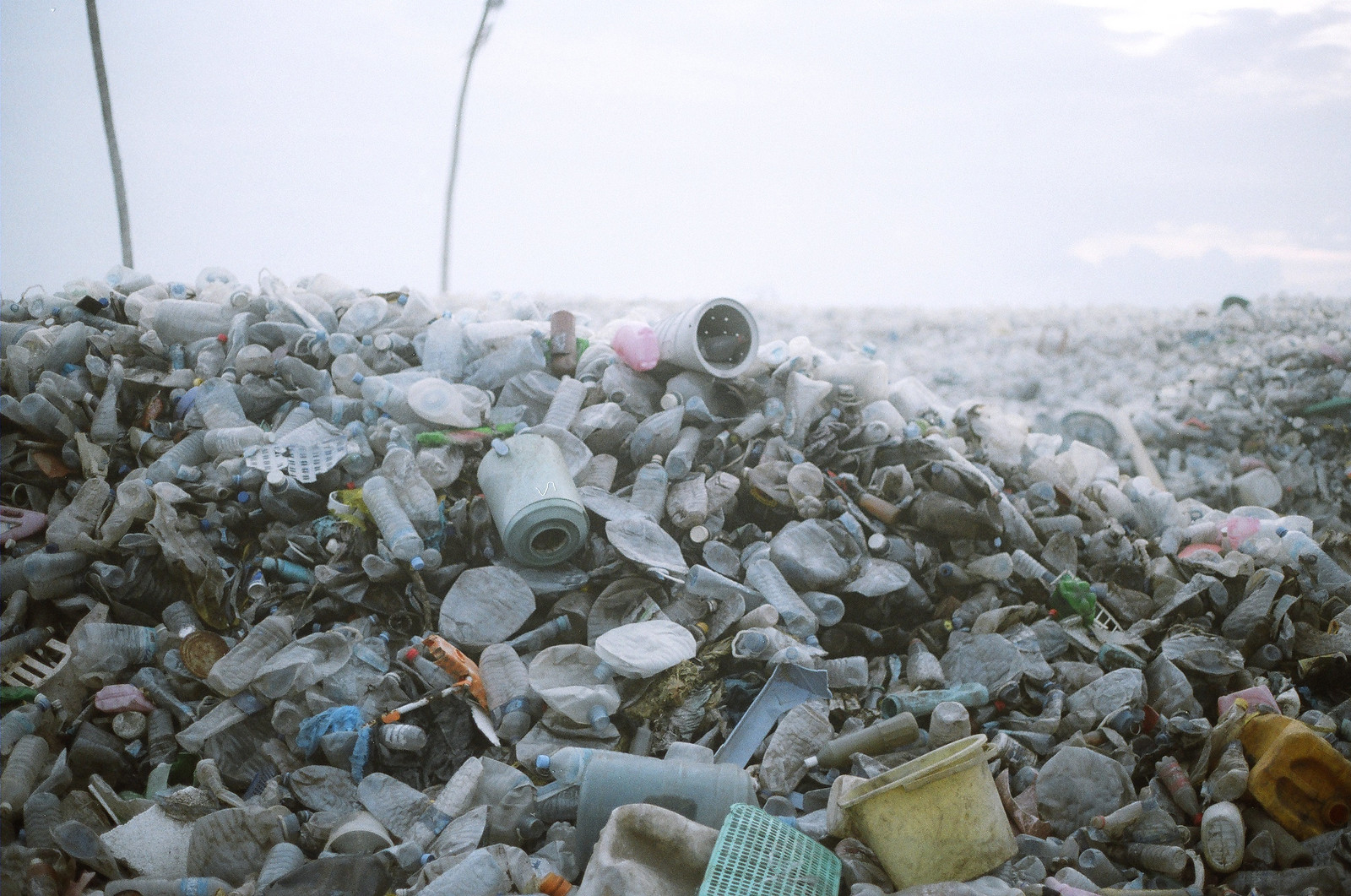This story was originally published by The Guardian and appears here as part of the Climate Desk collaboration.
Microbes that can digest plastics at low temperatures have been discovered by scientists in the Alps and the Arctic, which could be a valuable tool in recycling.
Many microorganisms that can do this have already been found, but they can usually only work at temperatures above 30 C. This means that using them in industrial practice is prohibitively expensive because of the heating required. It also means using them is not carbon-neutral.
Scientists from the Swiss Federal Institute WSL have found microbes that can do this at 15 C, which could lead to a breakthrough in microbial recycling. Their findings have been published in the journal Frontiers in Microbiology.
Dr. Joel Rüthi from WSL and colleagues sampled 19 strains of bacteria and 15 of fungi growing on free-lying or intentionally buried plastic kept in the ground for one year in Greenland, Svalbard and Switzerland. They let the microbes grow as single-strain cultures in the laboratory in darkness at 15 C and tested them to see if they could digest different types of plastic.
The results showed that the bacterial strains belonged to 13 genera in the phyla actinobacteria and proteobacteria, and the fungi to 10 genera in the phyla ascomycota and mucoromycota.
The plastics tested included non-biodegradable polyethylene (PE) and the biodegradable polyester-polyurethane (PUR) as well as two commercially available biodegradable mixtures of polybutylene adipate terephthalate (PBAT) and polylactic acid (PLA).
None of the strains were able to digest PE, even after 126 days of incubation on these plastics. But 19 strains (56 per cent), including 11 fungi and eight bacteria, were able to digest PUR at 15 C, while 14 fungi and three bacteria were able to digest the plastic mixtures of PBAT and PLA.
Rüthi said: “Here we show that novel microbial taxa obtained from the ‘plastisphere’ of alpine and arctic soils were able to break down biodegradable plastics at 15 C. These organisms could help to reduce the costs and environmental burden of an enzymatic recycling process for plastic.”
He said it was surprising that a large fraction of the tested strains were able to degrade at least one of the tested plastics.
The scientists also tested for the best performers and found there were two uncharacterized fungal species in the genera neodevriesia and lachnellula that could digest all the tested plastics except PE.
While plastics have only been in wide use since the 1950s, microbes can degrade polymers because they resemble some structures found in plant cells.
Dr. Beat Frey, one of the study authors, explained: “Microbes have been shown to produce a wide variety of polymer-degrading enzymes involved in the breakdown of plant cell walls. In particular, plant-pathogenic fungi are often reported to biodegrade polyesters, because of their ability to produce cutinases, which target plastic polymers due to their resemblance to the plant polymer cutin.”
The scientists only tested the microbes at one temperature, so have not yet found the best one to use. Nevertheless, they say it works well between 4 C and 20 C.
Frey said: “The next big challenge will be to identify the plastic-degrading enzymes produced by the microbial strains and to optimize the process to obtain large amounts of proteins. In addition, further modification of the enzymes might be needed to optimize properties such as protein stability.”
So the micro-organisms can
So the micro-organisms can eat some biodegradable plastics, but not non-biodegradable ones.. Biodegradable plastics break down in the sun, in the snow, in the ground, anyway. They also break down just stored in a dry, dark cupboard.
I'm not understanding why this is a big deal.





Comments